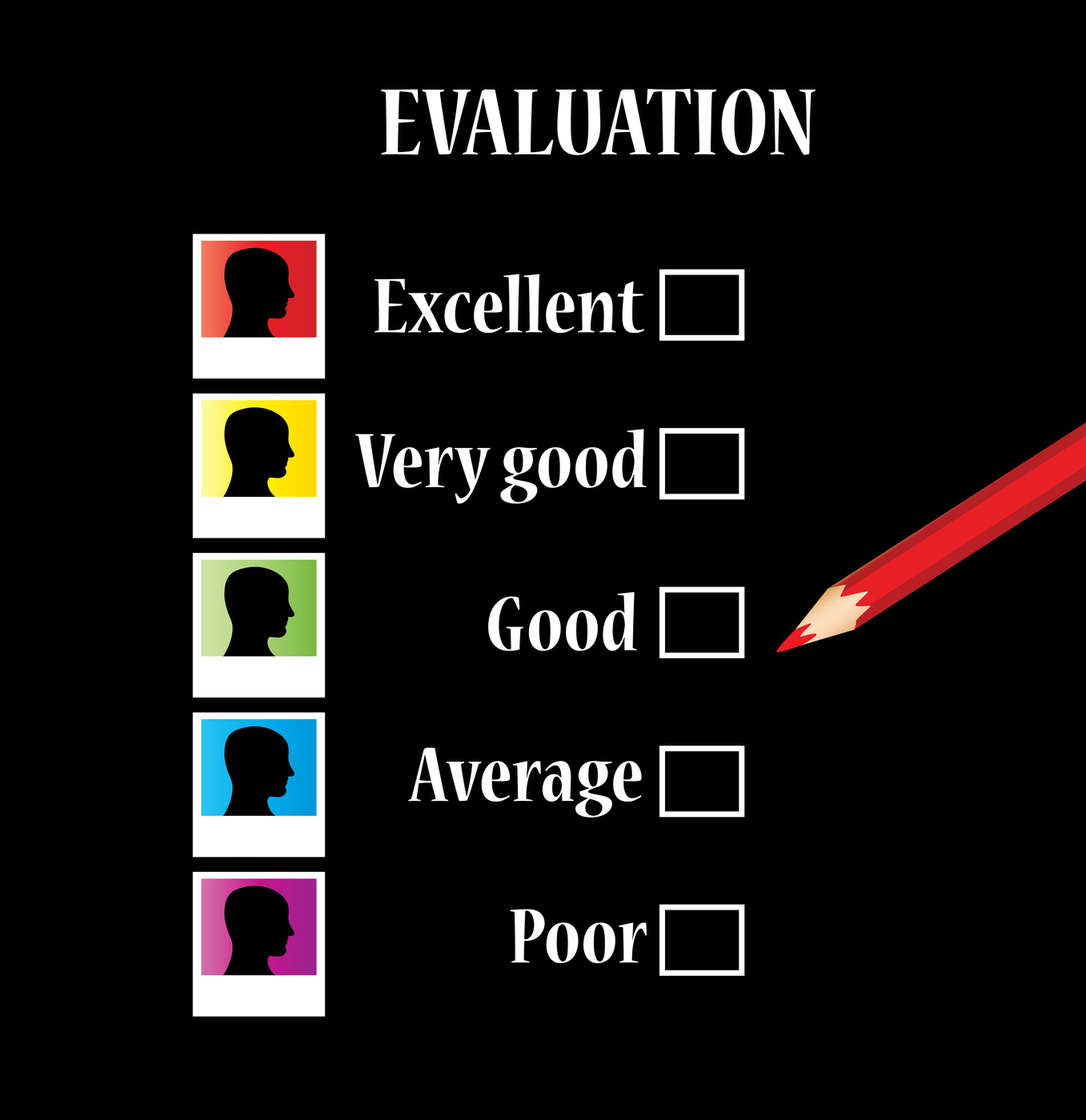How is “Leadership Performance” measured?
What kind of performance is requested and thus evaluated?
How do companies realize whether they have “good” or “bad” leaders?
Employees note that they are lead by a “good” leader because …
- they are encouraged to develop their potential and to make meaningful jobs
- they have the feeling of being part of the “bigger picture”
- leaders actively approaching them and care for them as human beings
- there is a climate of open and honest communication
- confidence and trust is noticeably
- their performance is assessed fairly and transparently
- inspiration and direction is equally available
- there is space for personal development
- proximity and distance alternate
- their leaders reacting appropriately to different situations
Structured employee surveys and 360 ° feedback reports contain a number of observed behaviors, which are listed by colleagues, supervisors, employees, customers, family members and friends. They represent to which degree managers show requested behavior and enable the “assessed” executives to focus on topics in which they want to develop.
Assuming that these managers have a set of personality traits, which support the planned development, survey results are ideally explained by and discussed with a professional consultant or coach and then translated into concrete actions. So far so good.
In my daily practice however, I often note that targets which aim to change the leadership behavior are – within a relatively short time – replaced again by business KPI’s. I’m not really surprised as Managers are mainly educated to base their decisions on facts and figures.
Good leaders do not need to hide behind numbers and reports, but understand and live out their role.
They trust in their intuition, use their subjective perception to assess behavior and take corrective actions.
Companies that have a strong leadership culture …
- measure the leadership performance of their managers
- create an environment of reward when top managers want to develop to become better leaders
- derive leadership behaviors from values for which the company stands for
- integrate leadership behaviors in the performance appraisal system and act consistently
- demand performance appraisals interviews on a regular basis and
- ….. have sustainable success.
As a senior executive coach, it is important to me making these aspects of leadership a core topic and showing how management skills can be combined with outstanding leadership behavior.
Leadership Development is not a moment, but a process.




